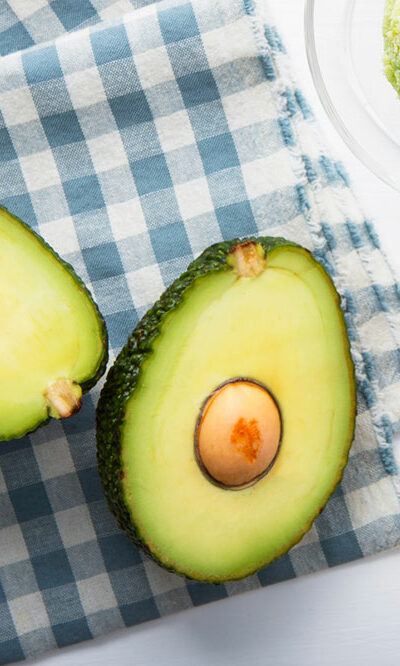Benefits of healthy eating for mental health

Nutrition plays an important role in maintaining one’s health, and certain items, like processed and fried food, can have an adverse effect on one’s mental health. On the contrary, foods rich in nutrients can improve one’s mental well-being. Learning about the benefits of the right kind of food can help encourage better eating habits. So here is how certain food choices can help in improving one’s mental health and well-being:
Improves self-esteem
One’s self-esteem can be associated with the way they look and feel, and unhealthy eating habits may often lead to poor physical well-being and state of mind. On the other hand, a nutrient-rich, balanced meal plan can help people feel healthy and fitter, improving how they see and feel about themselves.
Helps manage disorders
The brain responds to what one eats and drinks, and choosing foods rich in essential vitamins, antioxidants, minerals, and other nutrients is crucial for healthy cognition. The lack of key nutrients may worsen mental health and disorders like depression. So, one should add foods rich in magnesium, selenium, zinc, and amino acids and have lots of water.
Elevates mood
Studies show a link between mental health and food, so one’s meals may impact how one feels during the day. When meals consist of foods rich in protein, low in fats, and moderate carbohydrates, they can improve one’s mood. Following a suitable meal regime will also help manage inflammation, blood sugar, and energy levels, contributing to one’s mood.
Helps one focus
Healthier and more wholesome meals help improve one’s energy and concentration levels. Maintaining an overall healthy meal regimen helps one develop a strong base for learning new techniques in education. It also encourages improved social and interactive behavior. To get the most out of their meals, one should choose foods rich in complex carbohydrates and proteins.
Top foods
Here are four top food options to ensure one receives maximum mental health benefits from their meals:
Broccoli: Broccoli is rich in vitamin K, which contributes to the production of sphingolipids—a fat that is essential for the brain cells to function. So foods like broccoli can help improve one’s cognition and memory retention by improving brain cell function. The vegetable is also rich in antioxidant and anti-inflammatory compounds that may help protect the brain against damage.
Pumpkin seeds: Adding a handful of pumpkin seeds to one’s daily meal plan may also help boost mental health. The seeds contain copper, which helps control nerve signals. Pumpkin seeds also contain magnesium, which contributes to one’s memory and learning capability. Pumpkin seeds are also rich in iron, the deficiency of which can lead to impaired brain function and brain fog.
Salmon: Fatty foods and seafood like salmon contain omega-3 fatty acids, which help build brain and nerve cells. Opting for foods rich in omega 3s helps the brain get fats essential for one’s learning and memory.
Blueberries: These berries contain anthocyanins—plant compounds containing anti-inflammatory and antioxidant properties that prevent brain aging and neurodegenerative diseases. Research also suggests that antioxidants in this fruit can even improve brain cell communication.







